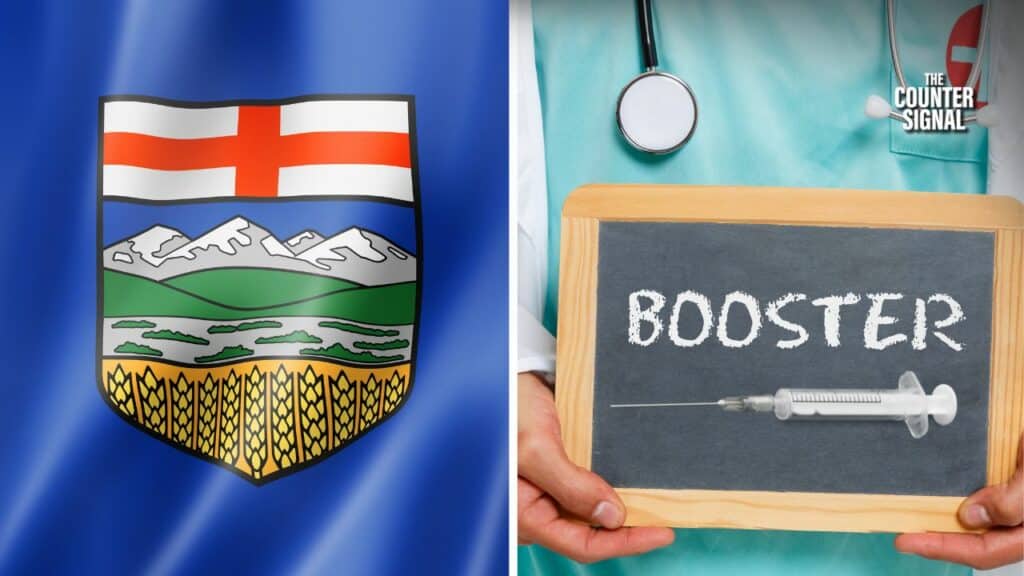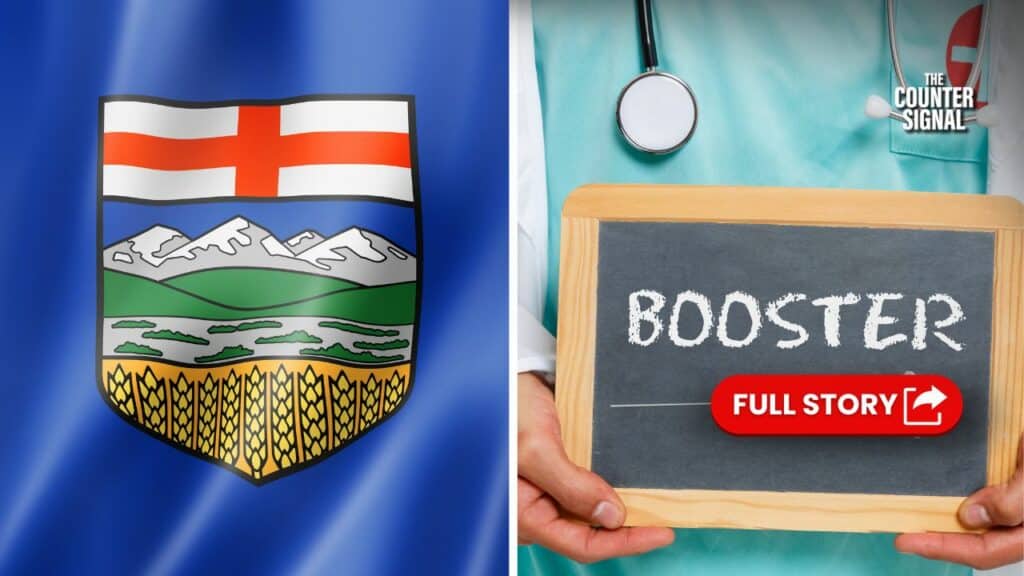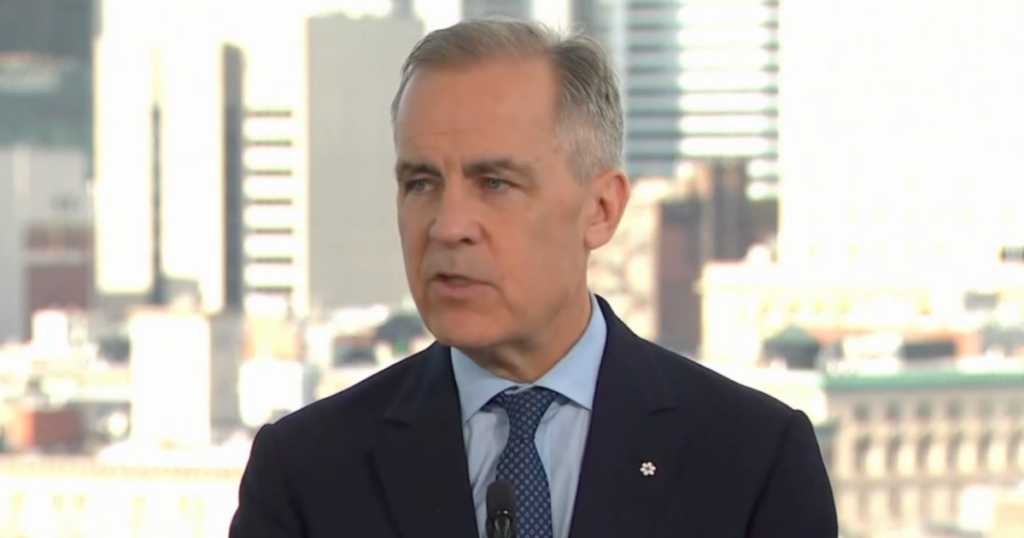The Alberta government has updated its policy for COVID boosters, saying that all people above the age of just 6 months old can get an mRNA COVID booster every 3 months for the rest of their lives.

According to the most recent update to guidelines, anyone 6 months of age and older can now get an mRNA XBB.1.5 COVID-19 vaccine, and anyone 12 years and up can receive the Novavax XBB.1.5 (non-mRNA) vaccine.
They add that it’s particularly important for pregnant women, elderly people or people in contact with the elderly, Indigenous people, and immunocompromised individuals to receive a COVID booster, adding that the immunocompromised should take have even more mRNA vaccines than others.
They also give reassurance that “all vaccines” are safe and effective.
As for how long people should wait between doses, the Alberta government says, “For most, an appointment can be booked if it has been at least 3 months since the last non-XBB.1.5 COVID-19 vaccine dose.
“For the additional dose of XBB.1.5 vaccine, an appointment can be booked if it has been at least 6 months since the last XBB.1.5 dose you were eligible for before April 15, 2024. A shortened interval of at least 3 calendar months will be permitted for individuals residing in seniors congregate care living settings. A shortened interval is not permitted for the other eligible groups.”
The Alberta government also says that getting a COVID vaccine at the same time as a flu shot is entirely fine; however, they do not recommend vaccines be taken soon after testing positive for COVID.
The Alberta government acknowledges the risk of side effects
Additionally, at the bottom of the update, hidden in the “After your vaccine” drop-down section, the government mentions that COVID vaccines come with the risk of minor side effects and that recipients may even experience severe side effects, specifically myocarditis, which are significantly worse than COVID.
“…there is a small chance that there will be a serious side effect (adverse events) like an allergic reaction, so it is important to stay at the place you get your vaccine for 15 minutes after being immunized,” the government writes.
“Some very rare reactions after COVID-19 vaccines include: mRNA vaccines: Rare cases of myocarditis (inflammation of the heart muscle) and/or pericarditis (inflammation of the lining around the heart) have been reported after receiving an mRNA vaccine.”







